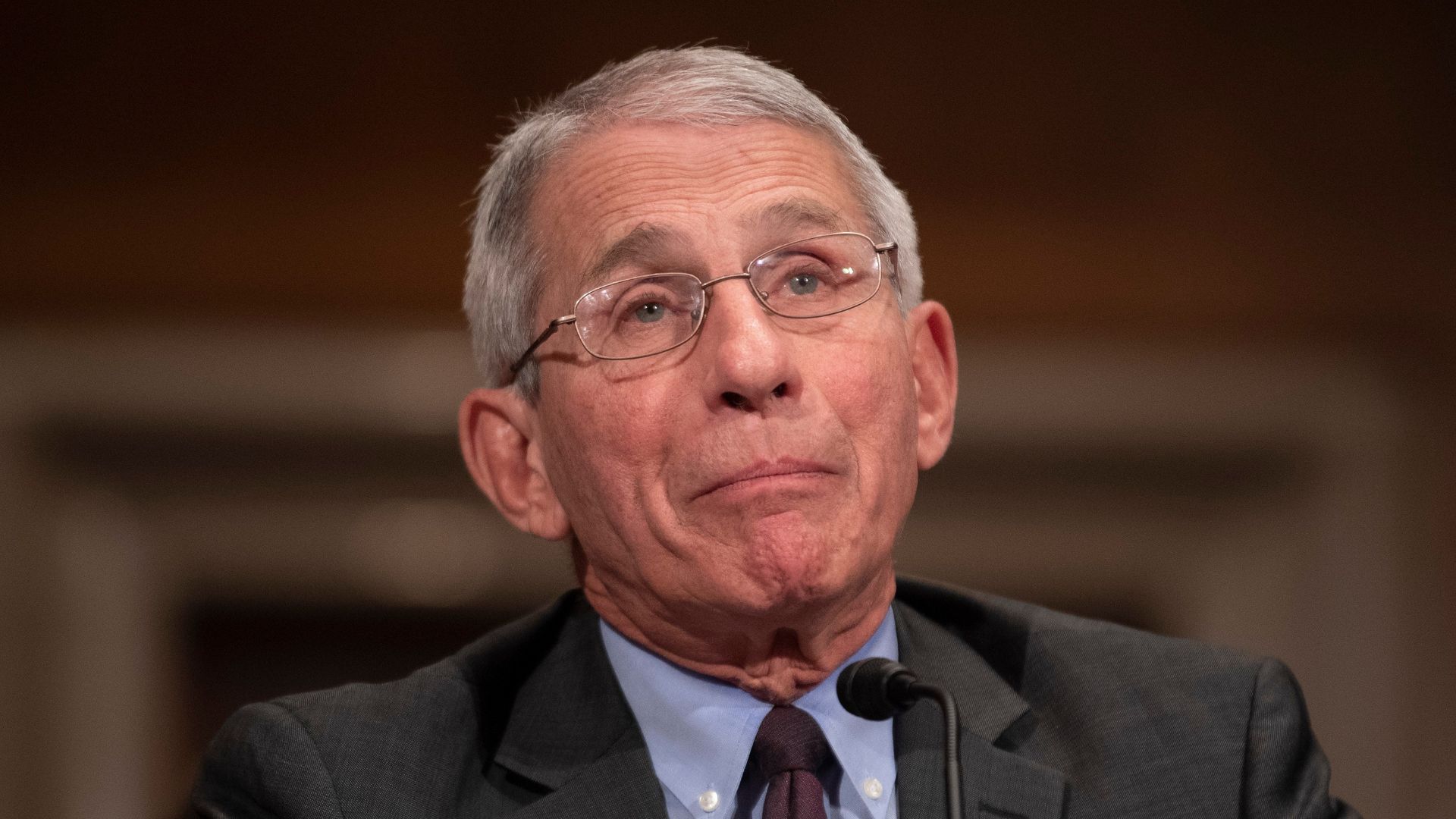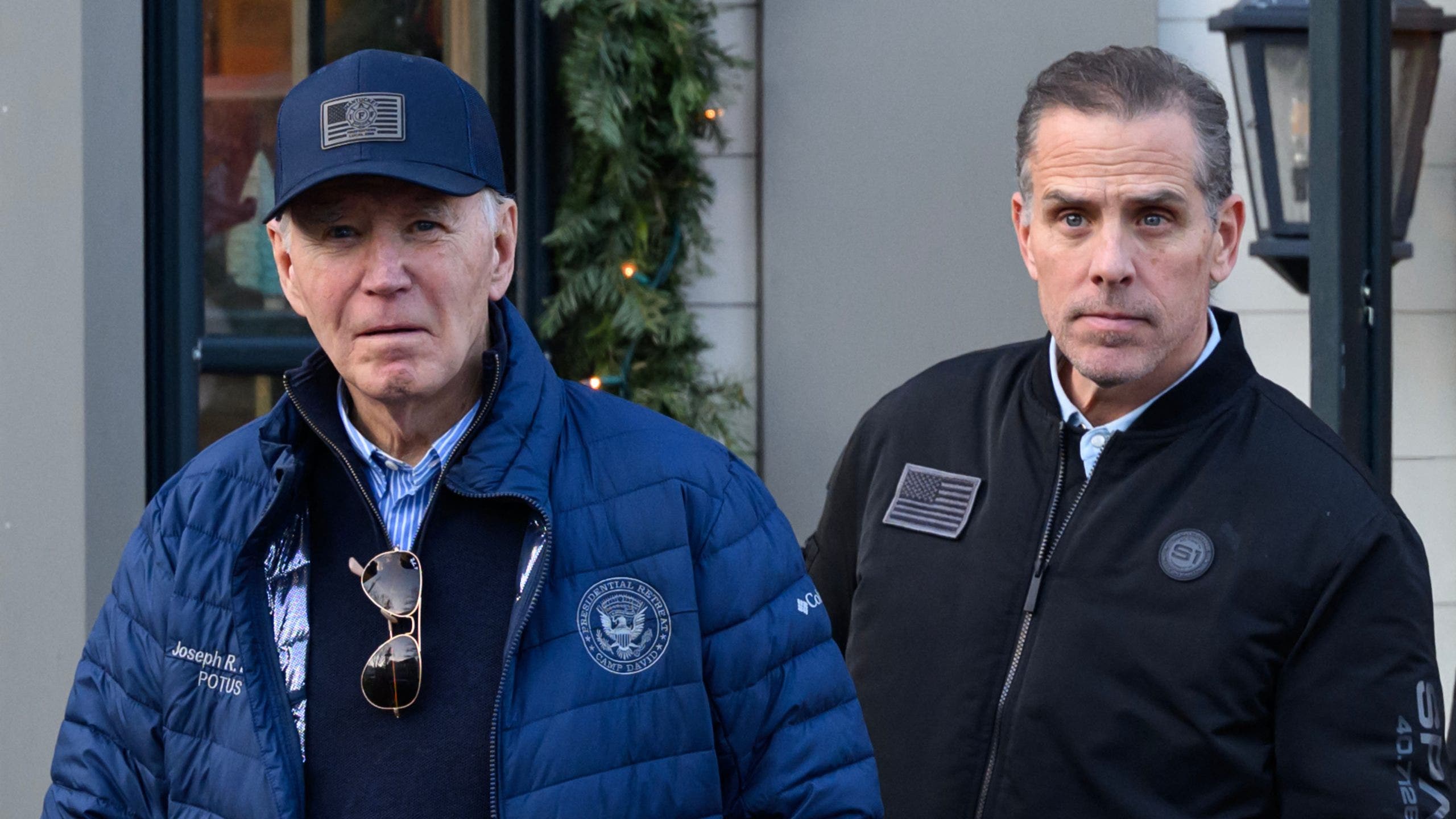The Select Subcommittee on the Coronavirus Pandemic concluded its two-year investigation into the COVID-19 pandemic on Monday, releasing a comprehensive final report titled, “After Action Review of the COVID-19 Pandemic: The Lessons Learned and a Path Forward.”
According to the subcommittee’s announcement, the report is intended to serve as a guide for Congress, the Executive Branch, and private sector entities to improve preparedness and response for future pandemics.
FINAL REPORT
The Select Subcommittee on the Coronavirus Pandemic’s final report is the most thorough review of the pandemic conducted to date.
This report ensures COVID-19 accountability and serves as a roadmap for the U.S. to prepare for and respond to future pandemics. pic.twitter.com/4JMGCzx9w1
— Select Subcommittee on the Coronavirus Pandemic (@COVIDSelect) December 2, 2024
Celebrate Trump’s Historic 2024 Victory with the Exclusive Trump 47th President Collection!
“Since February 2023, the Select Subcommittee has sent more than 100 investigative letters, conducted over 30 transcribed interviews and depositions, held 25 hearings and meetings, and reviewed more than one million pages of documents,” the news release stated.
The final report spans more than 500 pages and highlights key findings and actionable recommendations.
Rep. Brad Wenstrup (R-OH), chairman of the subcommittee, emphasized the importance of the investigation’s conclusions. “The findings and recommendations in this report will help the United States, and the world, predict, prepare for, protect against, and hopefully prevent the next pandemic,” Wenstrup said.
Among the most notable findings were significant failures by the National Institutes of Health (NIH), particularly in overseeing high-risk research.
“NIH’s procedures for funding and overseeing potentially dangerous research are deficient, unreliable, and pose a serious threat to both public health and national security,” stated the report’s summary.
The report also accused NIH officials of fostering an environment where evasion of federal record-keeping laws was normalized.
Specific examples cited included actions by Dr. David Morens and NIH Freedom of Information Act (FOIA) specialist Marge Moore, referred to in the findings as the “FOIA Lady.”
Both were implicated in efforts to circumvent transparency requirements.
The report called for reforms to improve the transparency and accountability of government health agencies.
It also advocated for stricter oversight of federally funded research, particularly research involving pathogens that could pose a global threat if mishandled.
While the subcommittee’s report did not shy away from criticizing federal institutions, it also underscored the importance of collaboration between the public and private sectors to strengthen America’s ability to respond to health crises.
“The United States must learn from its mistakes and work together to ensure that the failures seen during the COVID-19 pandemic are not repeated,” the report concluded.
The subcommittee’s investigation represents one of the most thorough reviews of the government’s handling of the COVID-19 pandemic to date.
It examined issues ranging from the origins of the virus to public health policies, vaccine distribution, and the economic impact of prolonged lockdowns.
The findings are expected to shape legislative discussions and policy reforms as Congress and health officials look to bolster the nation’s pandemic readiness.
Whether the recommendations lead to substantive changes remains to be seen.
The report has already sparked widespread debate in Washington and beyond, with critics calling for swift action to address the vulnerabilities exposed in the nation’s pandemic response systems.
The opinions expressed by contributors and/or content partners are their own and do not necessarily reflect the views of LifeZette. Contact us for guidelines on submitting your own commentary.
Read the full article here








![Trump Confirms Major Russia-Ukraine Prisoner Swap ‘Could Lead to Something Big’ [WATCH] Trump Confirms Major Russia-Ukraine Prisoner Swap ‘Could Lead to Something Big’ [WATCH]](https://www.lifezette.com/wp-content/uploads/2025/01/2025.01.22-06.43-lifezette-67913c6c7af1c.jpg)
